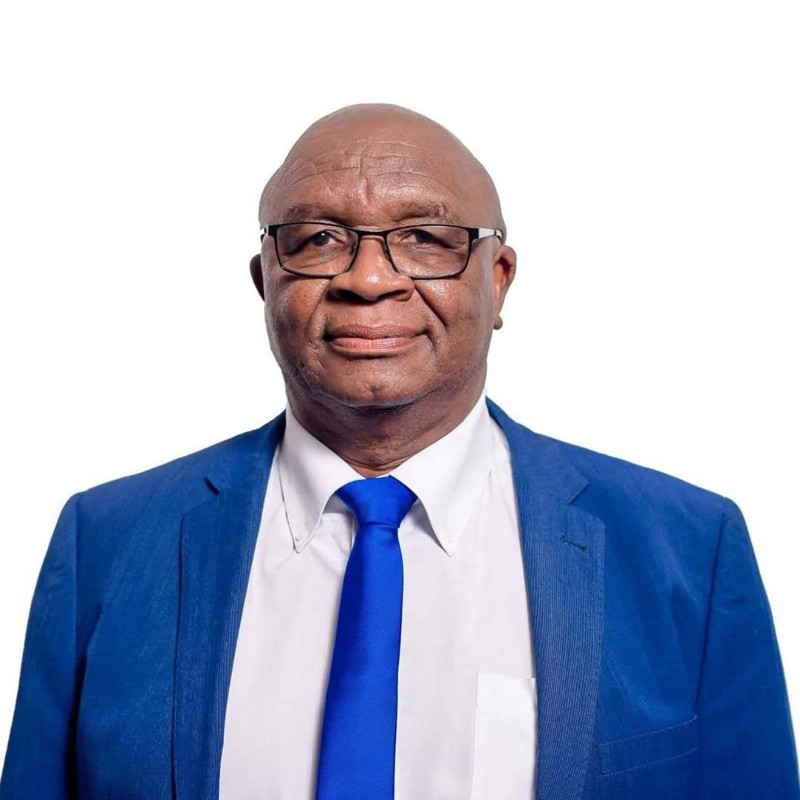UDC breaks Selebi-Phikwe East's 15-year-old resistance
Mqondisi Dube | Monday October 28, 2019 14:48


The mining town was known as a hotbed of opposition politics, although at the time of the delimitation exercise, it was under the ruling Botswana Democratic Party (BDP).
The late Daisy Pholo was the Member of Parliament, having defeated opposition Botswana Congress Party’s Gilson Saleshando in the 1999 election. When the town was split into two, the BDP immediately ascertained its dominance, with Kavis Kario taking Selebi-Phikwe West, while Nonofo Molefhi was voted in, in Selebi-Phikwe East.
The working class community spread in both ends of the town, were continuously reminded by politicians of their perennial challenges, particularly their working conditions at BCL. Politicians used the mine’s woes to leverage support within the vulnerable workforce. BCL issues became the popular carrot dangled by various suitors to try and gain votes.
It took 10 years before the opposition won the hearts of Selebi-Phikwe West voters, when a young Dithapelo Keorapetse beat incumbent Kavis Kario of the BDP. With the fall of the BDP in Selebi-Phikwe West the expectation was that voters in Selebi-Phikwe East to replicate the feat.
However, Molefhi clung to his position in 2009, to see-off a spirited challenge from both the BCP and the BNF. East had a vastly different demographic composition, compared to the West. In the East, Botshabelo, a sprawling location of mostly low-income earners, was a key factor in deciding voters.
The rest of the voters were from middle income areas such as Phase I and Phase II. In 2014, came Molefhi’s biggest test, as a coalition of opposition parties, the Umbrella for Democratic Change (UDC) entered the fray, with new vigor. Although the BCP was not part of the fresh marriage of opposition parties, the expectation was that the new political tsunami, would uproot Molefhi.
But Molefhi’s cabinet appointment, and his generally easy-going character, meant he had developed sufficient and deep enough roots, to withstand the wave posed by the UDC. He survived in 2014, as Selebi-Phikwe West remained in the hands of the opposition BCP.
Molefhi was ousted in an internal ‘coup’ as Amogelang Mojuta won the ticket to represent the BDP at this year’s election.
The dynamics in both constituencies kept changing in favor of the opposition. With base metal prices depressed, and the miners’ jobs under threat, it was a blessing in disguise for the opposition.
It was a case of making the best out of the worst situation. When least expected, the opposition was further handed an unlikely boost when the government announced the closure of BCL mine, throwing more than 4,000 workers into the streets.
Selebi-Phikwe’s goose that laid the golden egg had been killed. Without the eggs, the workers turned against the ruling party, and the results were confirmed on Thursday, when it was announced that, for the first time, Selebi-Phikwe East had landed in the hands of the opposition.
The 15 year-old resistance had been broken, but the writing on the wall had grown bolder the moment, the government announced the termination of the town’s heartbeat; BCL.
